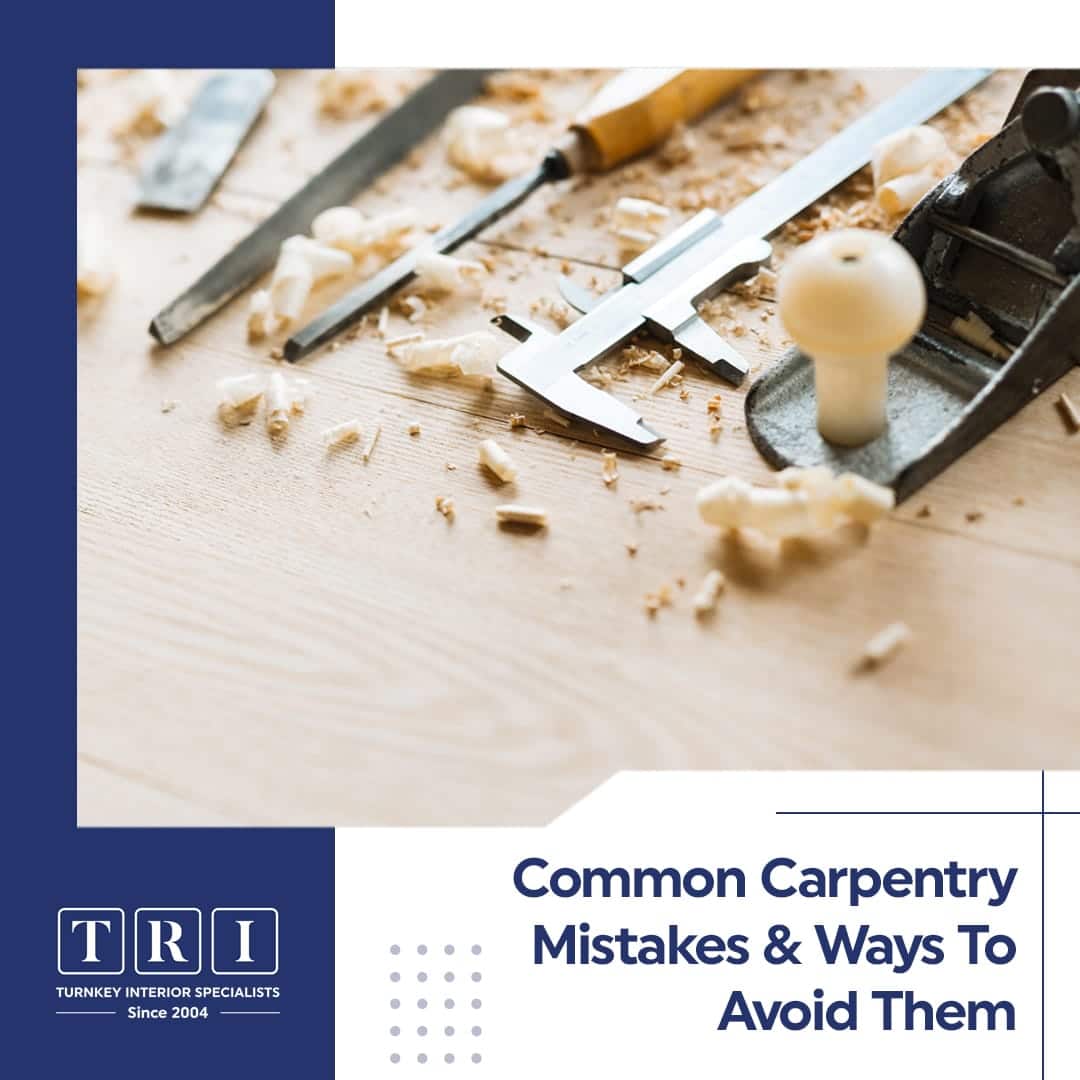
Common Carpentry Mistakes and Ways to Avoid Them
Being a beginner in any facet of life can be incredibly daunting. This applies perfectly to those getting started with woodworking. There are so many different aspects to consider that it can easily make your head spin if you’re just starting. Whether it’s tools, product, technique or something in between, there is an incredible number of things that can seem off-putting.
Here are some tips on how to avoid some incredibly common woodworking mistakes before you start working away on your plywood sheets.
Using the wrong blade:
Some people keep one blade on their circular saw and they use it for everything. This is either the 18-tooth or 24-tooth combination blade that the saw came with (and it’s probably dull, too). These 18-tooth and 24-tooth stock blades are known as “framing blades,” and you use them for cutting framing lumber when building or remodeling a house.
You need not only a blade with finer teeth, but one designed for specific materials, like plywood. The teeth of this high-quality 40-tooth blade have both flat-top and alternate-top-bevel grind so the blade tips and cross cuts cleanly.
Having the wrong side up:
Cutting plywood can be tricky. Even after taking precautions against splintering (such as using the correct blade and putting masking tape along the cut line) you may experience some splintering.
When using a circular saw, always face the side that will be visible in the assembly facedown. This way, the circular saw’s teeth meet it first, and exit out the back of the panel. If any splintering occurs, it will occur there, on the back surface.
The Wrong Glue:
Wood glue comes in three basic varieties as far as its water resistance is concerned: standard, moisture-resistant, and waterproof. Use standard indoors, use moisture resistant indoors in damp environments or outdoors under cover, and use waterproof in areas where the wood assembly is fully exposed to the weather.
Using the wrong fastener:
Using plain steel nails and screws outside is an invitation for corrosion, rust stains, and wood joints that fall apart. Use hot-dipped galvanized or stainless-steel nails and screws when fastening outdoors.Top Rock Interiors is a turnkey interior solutions provider. They also have in-house joinery with
carpentry works in Dubai. Get in touch with them to elevate or refurbish your interiors.


